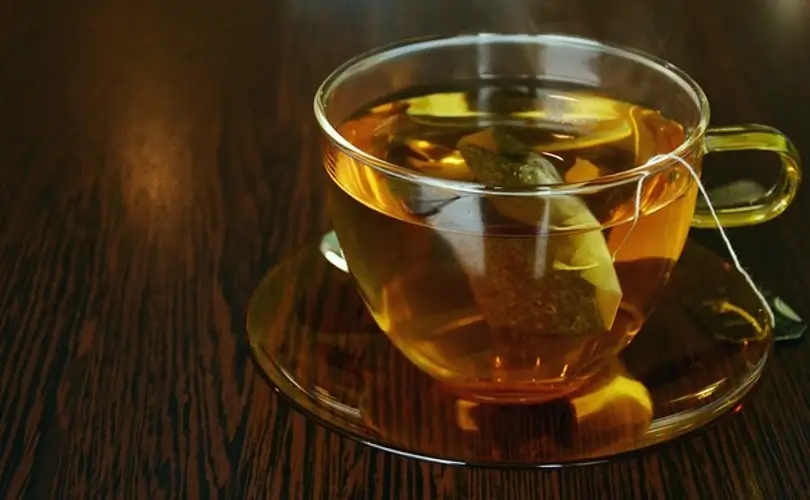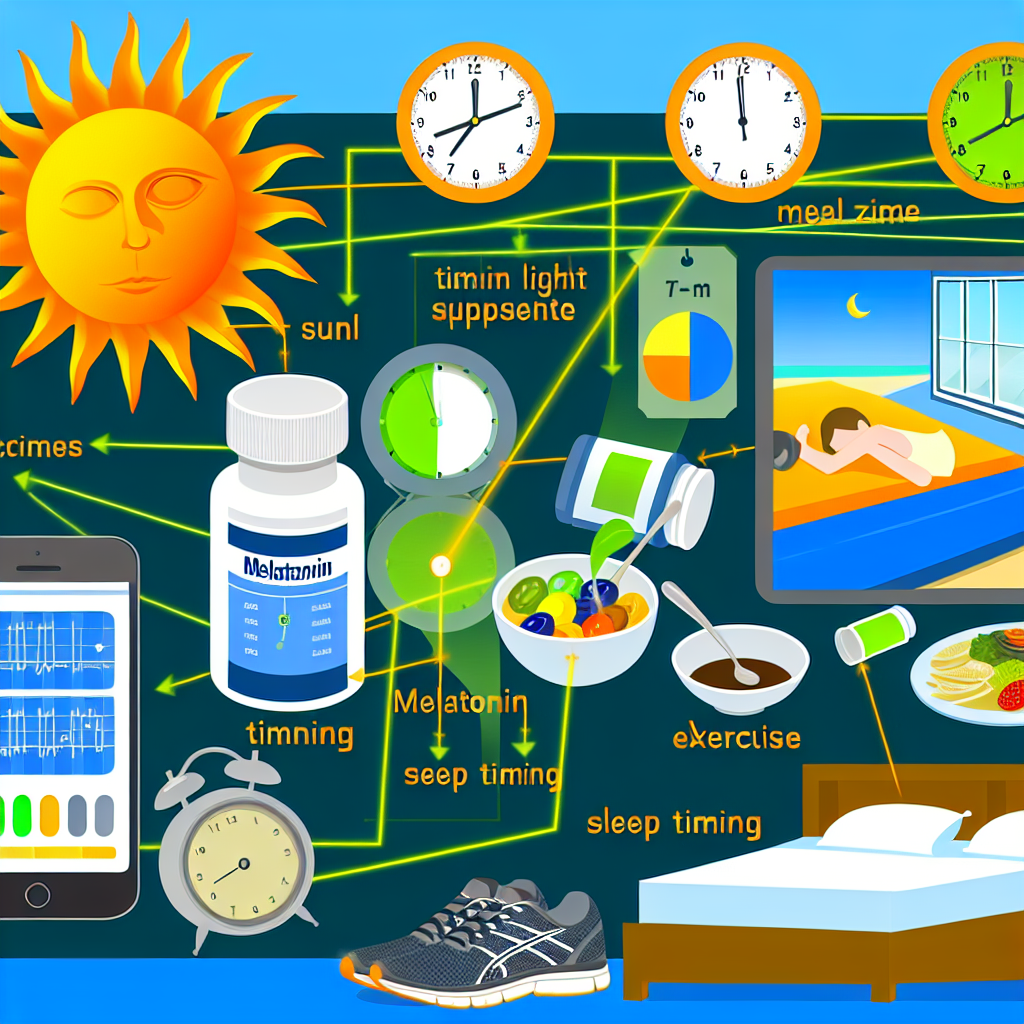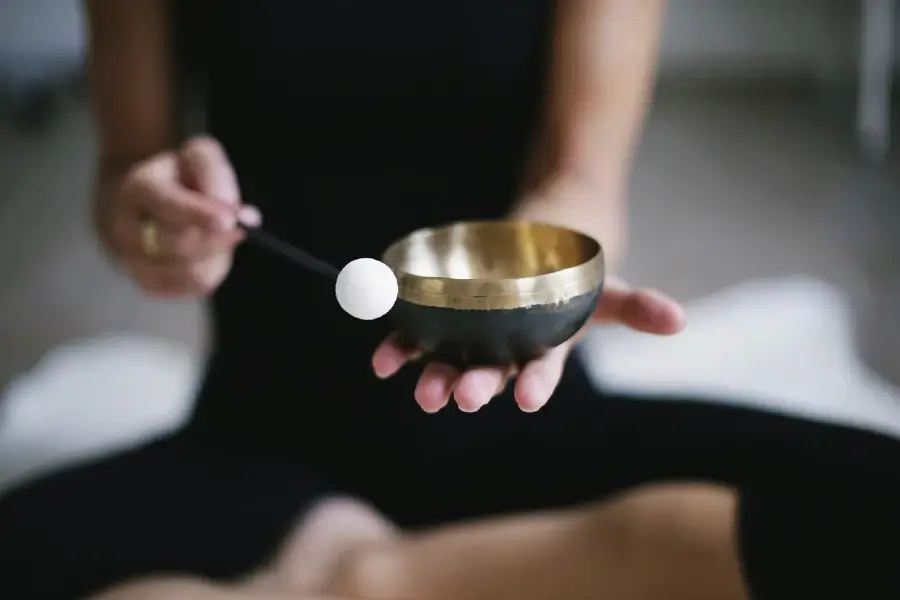Many people, whether trying to fall asleep after a difficult day or wanting to get the rest their bodies require, swear by teas like sleepy time to help them relax and drift off to sleep. But how exactly do these herbal concoctions work?
Chamomile
Chamomile tea, which can help with stress, anxiety, and sleeplessness, is an ingredient in most sleepy drinks. In contrast to benzodiazepines, chamomile includes compounds that, when consumed, reduce brain activity, according to a 1996 study.
The sleepy lavender time teas also contain the plant lavender, which is well-known for its relaxing properties. For example, a May 2020 study found that lavender tea reduced depression and anxiety in 30 older adults, according to Complementary Therapies in Medicine.
Flowers, sometimes called linden flowers or Tilia Tilia flowers, are another component in many sleepy-time teas and have been shown to help with sleep issues like insomnia and reduce inflammation and colds. In addition, a study released in Toxicology and Applied Pharmacology in February 2009 discovered that tilia flowers helped reduce tension, anxiety, and weariness in patients with chronic pain.
Valerian Root
Valerian root, a common ingredient in sleep-inducing drinks, has been found to provide anti-inflammatory and heart-health benefits. In addition, it is asserted to improve circulation, raise heart and brain blood flow, promote relaxation, and treat illnesses of the nervous system like tension, headaches, and insomnia.
Passionflower
Sleepy-time teas usually contain passionflower, a potent sedative and anxiety reliever. Also, it has been shown to boost gamma-aminobutyric acid (GABA), a chemical that changes mood and is thought to be very important for making people feel calm.
The calming effects of sleepy time teas will be increased with regular use and habitual adherence. By signaling to your brain that it’s time to relax and unwind before bed, a cup of this tea in the evening will help you get a better night’s sleep, claims nutritionist Charlotte Martin, M.S., R.D.N.
While some opt for caffeine-free beverages, others feel that drinking a warm cup of sleepy-time tea will help their brain unwind and settle into a healthy sleep routine. Whatever your preference, it’s essential to understand that these teas should only be used in conjunction with other strategies to improve the quality of your sleep.
However, if you want help falling and remaining asleep, talk to your doctor before incorporating any medication into your daily routine. This approach is not recommended for the safe treatment of chronic insomnia, and some persons may develop side effects.
Insufficiency in sleep is the primary cause of many individuals’ inability to stay respite. Several health concerns, including high blood pressure, heart disease, obesity, and diabetes, are believed to be linked to sleep deprivation. Because lack of sleep significantly increases your risk of developing cancer, you should prioritize sleep.

Dominic E. is a passionate filmmaker navigating the exciting intersection of art and science. By day, he delves into the complexities of the human body as a full-time medical writer, meticulously translating intricate medical concepts into accessible and engaging narratives. By night, he explores the boundless realm of cinematic storytelling, crafting narratives that evoke emotion and challenge perspectives.
Film Student and Full-time Medical Writer for ContentVendor.com




